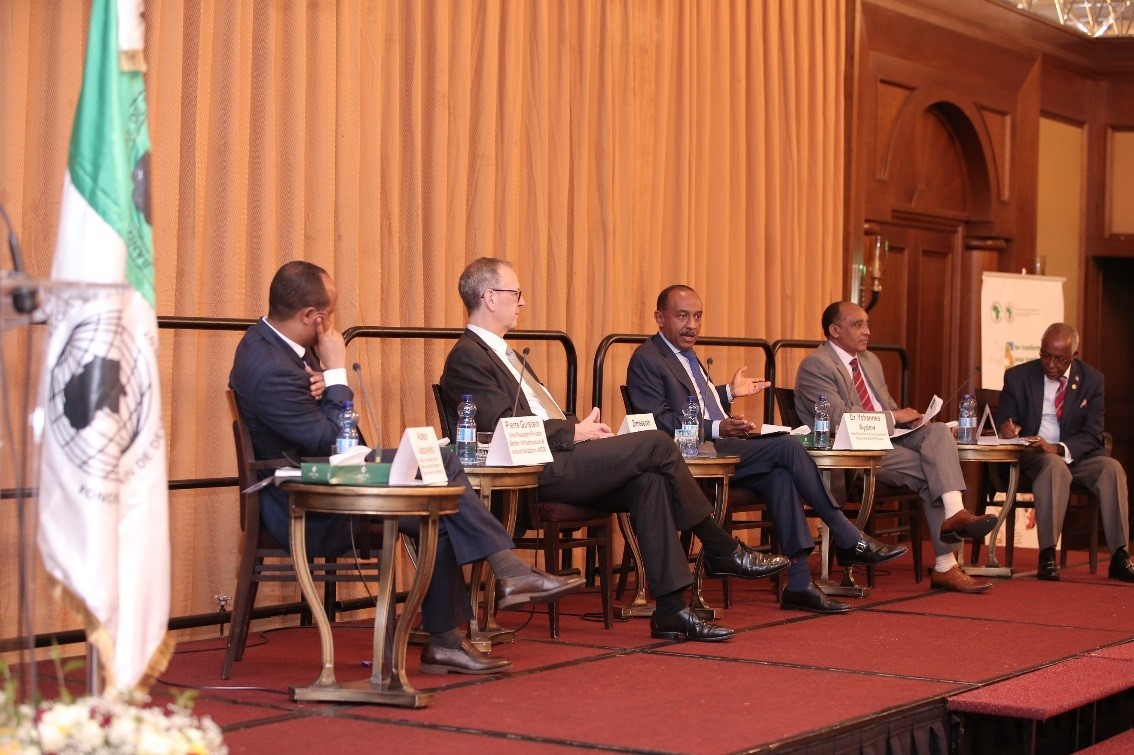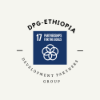Breadcrumb
The African Development Bank organized a workshop on May 29 and 30 2018 on private-sector development reforms in Ethiopia.
The gathering attracted high-level participants from the Government of Ethiopia, private sector, think tanks, civil society organizations, and development partners to discuss options for sustaining Ethiopia’s accelerated growth through empowering the private sector.
Ethiopia has experienced robust economic growth from 2003/04 to 2016/17, with real GDP growth averaging over 10% per year. Growth during this period was driven by public investments in infrastructure and social sectors. However, expansion of public investment has widened the savings-investment gap and external sector deficits, which has increased the need for borrowing to fill the financing shortfalls. Consequently, the public debt has increased and weak export performance has worsened the risk of external debt distress, which may affect Ethiopia’s access to external development financing. Therefore, sustaining Ethiopia’s high real GDP growth as envisaged in the Growth and Transformation Plan II (2015/16 and 2019/20) requires increasing the contribution of private investment and finance.

Against this background, the workshop provided a platform for stakeholders to discuss and identify the most effective approach to unlocking constraints to private-sector development, notably limited access to finance and foreign exchange, weaknesses in trade logistics, and bottlenecks in labour and product markets.
In his keynote address, H.E. Dr. Abraham Tekeste, Minister of Finance and Economic Cooperation, observed that Ethiopia recognizes the private sector as a key contributor to growth. Dr. Tekeste added that a number of reforms are underway to improve competitiveness and support private-sector development, including development of industrial parks and investments in integrated transport and energy infrastructure to reduce the cost of doing business.
Mr. Pierre Guislain, Vice-President, Private Sector, Infrastructure and Industrialization at the African Development Bank, commended the Government for the high growth levels and called for a purposeful approach to reforms to address the key bottlenecks to private-sector development. He emphasized the need to open up the services sector, including capital markets and financial services, communications, and logistics, in order to contribute to an increase in productivity in all sectors of the economy (including industry, mining and infrastructure).
Mr. Guislain reiterated the will and commitment of the African Development Bank to support deeper dialogue between the Government and the private sector, to continue financing of enabling environment reforms and infrastructure development, and to provide direct financing to private sector companies, building on the successful track record of the Derba Midroc cement plant financing. He indicated that the African Development Bank hopes to move from having financed only one private sector project over the past decade, to financing at least one new project every year.
The Bank’s Country Manager, Dr. Abdul Kamara, observed that the two-day workshop sought to create a platform for experience-sharing and raising awareness among stakeholders involved in Ethiopia’s private sector and identifying key policy recommendations to accelerate private-sector development in the country. It also focused on developing a pipeline of bankable private-sector operations for financing by the Bank and other financiers.
Participants reiterated the central role of a vibrant private sector in accelerating Ethiopia’s structural transformation, and unlocking opportunities to create jobs and improve welfare. In this context, workshop is an important milestone in the operationalization of the Bank’s Country Strategy Paper (2016-20) for Ethiopia, which seeks to accelerate structural transformation and private sector development. The workshop is also consistent with the Bank’s Ten Year Strategy (2013-2022) and High 5 priorities.
